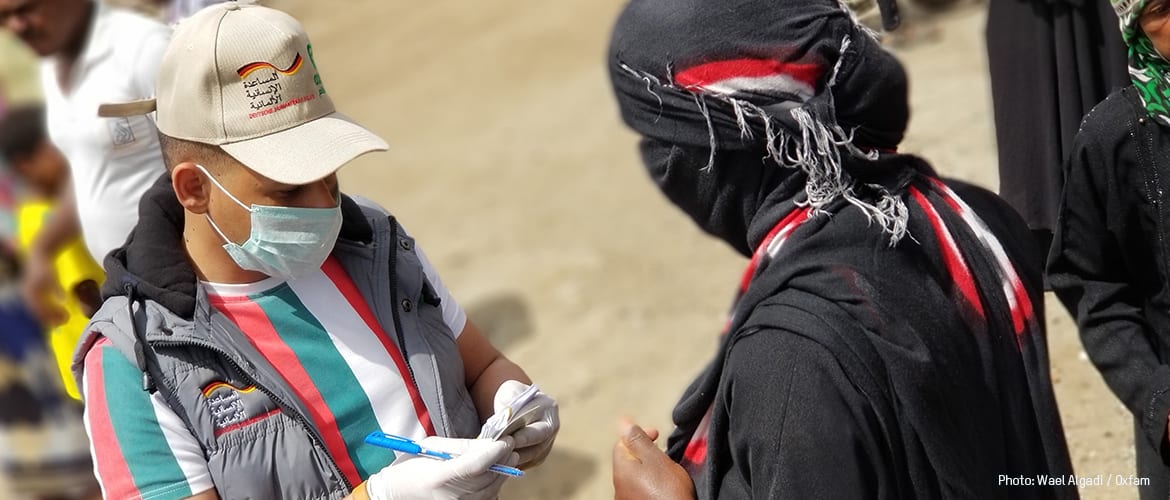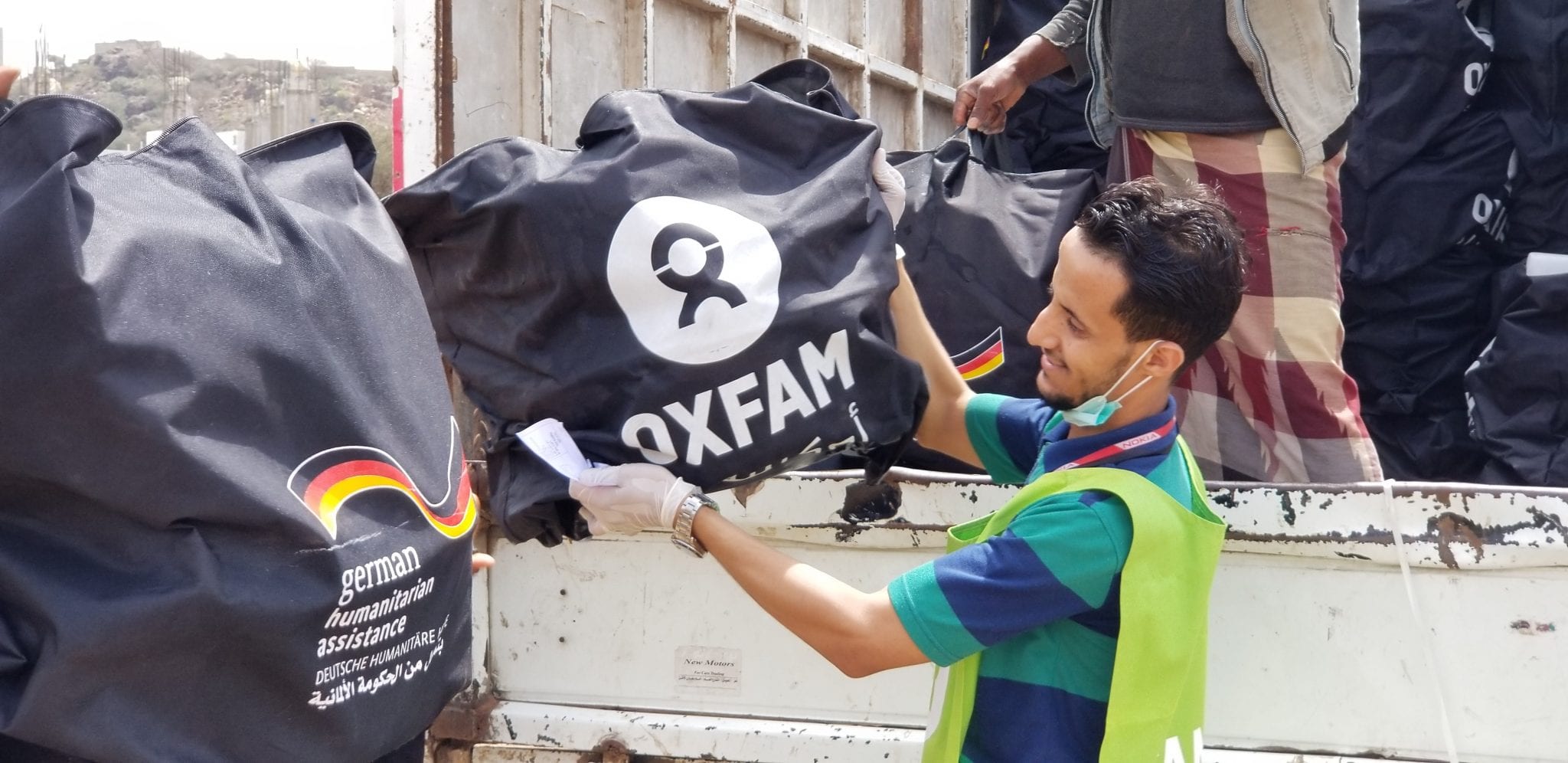
Responding to a joint statement on Tuesday by G7 Finance Ministers saying they stand ready to provide a time-bound suspension on bilateral debt service payments for all countries eligible for World Bank concessional financing if they are joined by all G20 members and as agreed with the Paris Club group of official creditors, Jaime Atienza, Oxfam International’s Debt Policy Lead, said:
“The G7’s statement is a welcome step, but this unprecedented crisis requires the G7, G20, IMF and World bank to go a lot further. Without urgent action to relieve developing countries of all their external debt payments this year, and ensure they don’t accrue into the future, the coronavirus could lead to millions of deaths and force half a billion more people around the world into poverty. Countries that were already on the verge of debt crisis before the coronavirus outbreak need urgent support and debt relief now more than ever”.
Oxfam showed today that the IMF’s gold holdings have increased in value by almost $20 billion since the start of the global pandemic (putting total holdings over $150 billion). The IMF should use the windfall profits from gold sales for debt cancellation to avert catastrophic loss of life in developing countries. Averaging across 46 countries, debt payments this year will be 400 percent of their health budgets.
Atienza added “We expect clear leadership and decisive action from the world’s top economies tomorrow at the G20 meeting, following France’s lead. They have the power and the means to cancel all developing country debt payments for 2020 and to ratify such a move for the IMF and World Bank. They can’t keep making excuses and hiding behind one another or the private sector. G20 leaders must be adamant that they will do whatever it takes to help developing countries free up funds in their fight against the coronavirus pandemic”.
Notes to editors
Over 200 organisations, including Oxfam, have signed a statement calling for the cancellation of all debt payments due from developing countries to bilateral, multilateral and private creditors, and more than 750,000 people have signed a petition calling for urgent debt relief.
Together with Oxfam, healthcare workers from around the world are calling in an open letter for all developing country debt payments for 2020 to be cancelled immediately to support doctors and nurses on the frontlines of the pandemic.
Oxfam’s proposed Global Public Health Plan and Emergency Response outlines key actions to increase the capacity of public health systems and cope with the economic cost of the coronavirus. In addition, Oxfam’s recent report ‘Dignity Not Destitution’ calls for an ‘Economic Rescue Package for All’ to support poor countries in tackling the crisis and rebuild a more equal world. Debt relief, together with aid and tax policy, is on the front line of these public health and economic rescue global plans.







